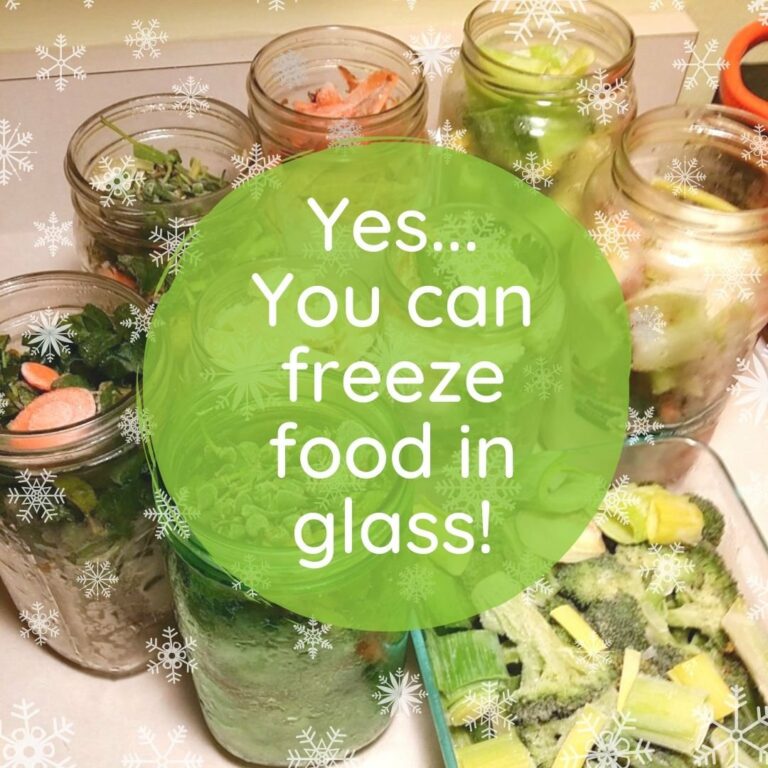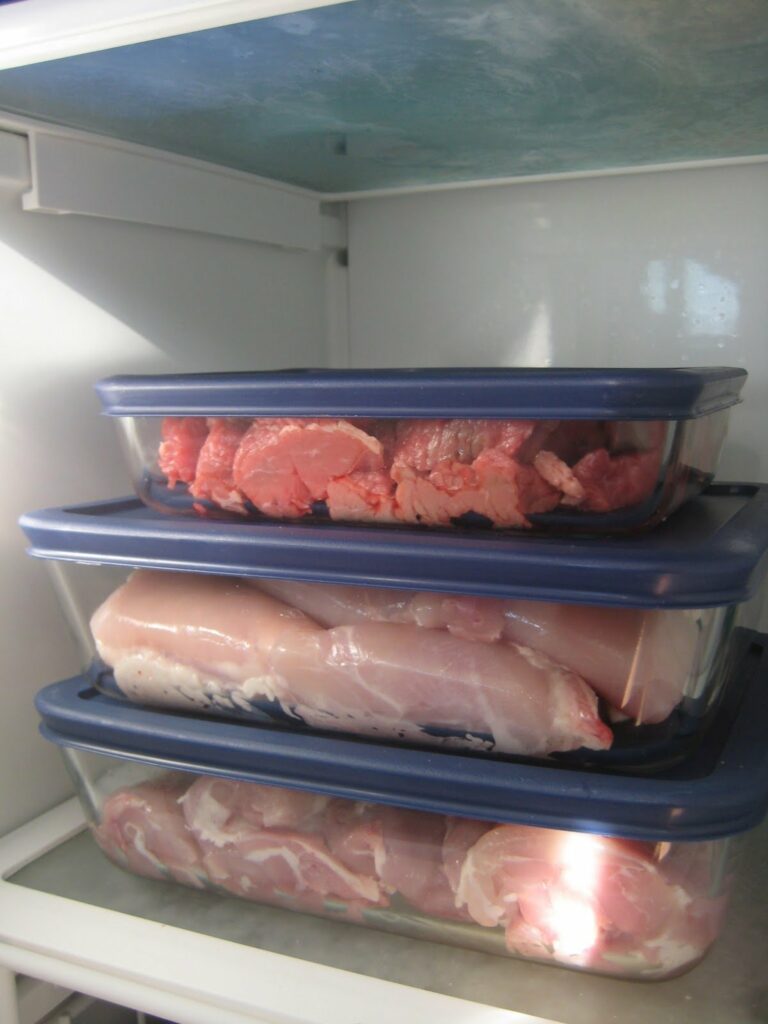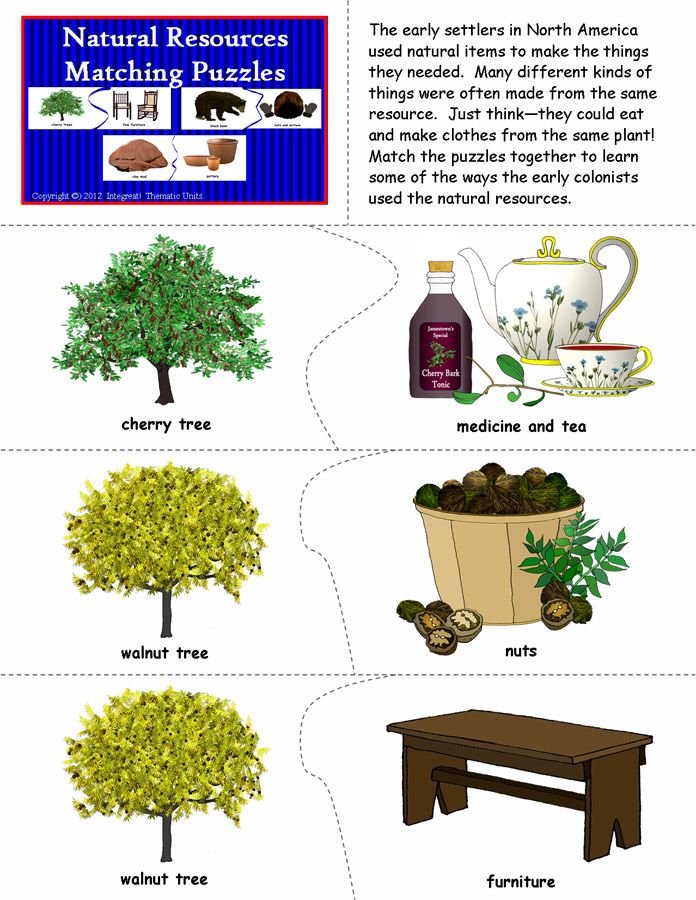Preserve Food In Plastic-Free Freezer: Eco-Friendly Tips
Looking for plastic-free ways to store food in your freezer? Don’t worry, there are alternatives available! In this article, we’ll explore eco-friendly methods for freezing food without plastic.
Whether you’re an environmentalist or just want to reduce plastic waste, this guide will help you make informed choices for your kitchen. Let’s begin!
Storing Food in Freezer Without Plastic
Freezing food is an excellent way to extend its shelf life and retain its nutritional value. However, many people are becoming more conscious of the environmental impact of using plastic for food storage.
Fortunately, there are alternative methods to store food in the freezer without relying on plastic containers or bags. In this article, we will explore various eco-friendly options that allow you to freeze your food without contributing to plastic waste. Let’s dive in!
1. Glass Containers:
Glass containers are a fantastic alternative to plastic when it comes to freezing food. They are durable, BPA-free, and do not leach any harmful chemicals into your food.
Furthermore, glass containers are transparent, allowing you to easily see the contents without having to open them.
When selecting glass containers for freezing, opt for those specifically designed for freezer use. These containers are usually made from tempered glass, which is more resistant to thermal shock.
Benefits of Using Glass Containers for Freezing:
– Glass containers are reusable, reducing the need for single-use plastics.
– They are eco-friendly and do not release harmful substances into the environment.
– Glass containers are microwave-safe, allowing for convenient reheating.
– They are easy to clean, dishwasher-safe, and do not retain food odors.
– The transparent nature of glass containers makes it easy to identify stored items.
2. Stainless Steel Containers:
Another excellent alternative to plastic for freezing food is stainless steel containers. These containers are durable, non-toxic, and resistant to corrosion. They are available in various sizes, making them suitable for storing both large and small portions of food. Stainless steel containers are freezer-safe, ensuring the longevity of your frozen goods. Additionally, they are easy to clean and maintain, making them a convenient choice for eco-conscious individuals.
Advantages of Using Stainless Steel Containers for Freezing
– Stainless steel is a long-lasting material, providing durability and reducing the need for replacements.
– They are non-reactive, ensuring the taste and quality of your food remain unaffected.
– Stainless steel containers are lightweight and stackable, maximizing freezer space.
– They are an excellent option for meal prepping and portion control.
– Stainless steel is 100% recyclable, making it a sustainable choice.
3. Silicone Bags:
For those who prefer a more flexible option, silicone bags are an ideal choice for freezing food without plastic. These bags are made from food-grade silicone, a safe and non-toxic material that does not contaminate food. Silicone bags are heat-resistant, freezer-safe, and can withstand low temperatures without losing their integrity. They come in various sizes and designs, including both reusable zip-top bags and sealable pouches.
Benefits of Using Silicone Bags for Freezing
– Silicone bags are a reusable and eco-friendly alternative to disposable plastic bags.
– They are versatile and can be used for freezing, refrigerating, and even cooking sous vide.
– Silicone bags are dishwasher-safe, making cleaning effortless.
– Their airtight seal prevents freezer burn and protects the quality of your food.
– These bags are lightweight, making them portable and suitable for on-the-go lifestyles.
4. Beeswax Wraps
Beeswax wraps are an eco-friendly option for freezing food that doesn’t require any plastic. Made from cotton fabric coated with beeswax, these wraps create a breathable barrier around your food. Although they are commonly used for storing food in the refrigerator, beeswax wraps can also be used in the freezer. However, it’s important to note that they are not suitable for long-term freezing, as the wax coating may degrade over time.
Advantages of Using Beeswax Wraps for Freezing
– Beeswax wraps are a natural and biodegradable alternative to plastic wraps.
– They can be easily molded around various food shapes, creating a tight seal.
– Beeswax wraps are reusable and can last up to a year with proper care.
– They are breathable, allowing your food to retain its freshness.
– These wraps are chemical-free and do not transfer any unwanted flavors to your food.
5. Freezer Paper
If you’re looking for a budget-friendly option to store food in the freezer, freezer paper is a simple solution. Freezer paper is a thick paper with a plastic coating on one side, designed specifically for freezing food. While it does contain a small amount of plastic, using it sparingly can significantly reduce your plastic waste compared to traditional plastic bags or containers.
Benefits of Using Freezer Paper for Freezing
– Freezer paper is readily available and inexpensive compared to other alternatives.
– It provides a moisture-resistant barrier, keeping your food protected.
– The non-stick surface of freezer paper prevents food from sticking together.
– It is easy to label and organize, allowing for efficient freezer management.
– Freezer paper is recyclable, although it may require separation of the plastic coating.
Alternatives to Plastic Ice Cube Trays:
When it comes to freezing liquids or smaller portions of food, ice cube trays are commonly used. However, traditional plastic ice cube trays contribute to plastic waste. Fortunately, there are several alternatives available that allow you to freeze your favorite liquids without relying on plastic.
1. Silicone Ice Cube Trays
Silicone ice cube trays are a popular choice for freezing liquids without plastic. Similar to silicone bags, these trays are made from food-grade silicone. They are flexible, making it easy to remove frozen cubes, and are available in various shapes and sizes. Silicone ice cube trays are also freezer-safe, heat-resistant, and reusable.
2. Stainless Steel Ice Cube Trays
For a more durable option, stainless steel ice cube trays are an excellent alternative. These trays are made entirely from stainless steel, eliminating the need for plastic. They are rust-resistant, easy to clean, and provide a long-lasting solution for freezing liquids or small portions of food.
3. Biodegradable Paper Ice Cube Trays
Biodegradable paper ice cube trays are a sustainable option for those looking to avoid plastic altogether. These trays are made from recyclable paper pulp and can be composted after use. While they may not be as durable as silicone or stainless steel trays, they serve as a guilt-free alternative for freezing liquids.
4. Tips for Freezing Food Without Plastic
Here are some additional tips and tricks to help you store food in the freezer without relying on plastic:
– Use airtight containers or bags to prevent freezer burn and maintain food quality.
– Label your containers with the date and contents for easy identification.
– Leave some headspace in containers to account for food expansion during freezing.
– When using glass containers, allow the food to cool before transferring to the freezer to avoid thermal shock.
– Stack containers or bags in an organized manner to maximize freezer space.
– Consider portioning your food before freezing to help with meal planning.
– Opt for reusable alternatives whenever possible to reduce waste and save money.
– Regularly clean and maintain your storage options to ensure food safety and longevity.
Faqs for Preserve Food In Plastic-Free Freezer:
Yes, you can store food in the freezer without using plastic. There are several alternatives to plastic containers that are safe and effective for freezing food. Glass containers with airtight lids, stainless steel containers, and silicone bags are popular options.
These alternatives are durable and do not leach harmful chemicals into the food. Additionally, using freezer-safe paper or wax wraps can also be a plastic-free option for storing certain types of food in the freezer.
Storing food in the freezer without plastic has several benefits. It eliminates the risk of harmful chemicals leaching into the food, ensuring safer and healthier meals. It also reduces plastic waste, promoting sustainability and environmental conservation.
Moreover, using alternative storage options such as glass or stainless steel containers can be more durable and long-lasting, offering a more sustainable solution for freezing food.
Yes, there are specific containers that are recommended for freezer storage without plastic. Glass containers with airtight lids are a popular choice as they are durable, non-toxic, and can be used directly from the freezer to the oven.
Stainless steel containers are another option, known for their sturdiness and non-reactive properties.
Silicone bags are also gaining popularity as they are versatile, reusable, and freezer-safe. It’s important to ensure that the containers you choose have proper airtight seals to prevent freezer burn and maintain food quality.
To properly label food stored in the freezer without plastic, you can use alternative methods. One option is to use freezer-safe paper or wax wraps and write directly on them using a waterproof marker.
Another option is to use adhesive labels designed for freezer use and stick them onto the containers or bags.
Alternatively, you can create your own labels using masking tape and write the necessary information on them. Proper labeling helps you keep track of the contents and dates of the food, making it easier to organize and avoid food waste.
When storing food in the freezer without plastic, it’s important to take certain precautions. Ensure that the containers or bags you use are specifically labeled as freezer-safe to prevent any damage or breakage.
Leave enough headspace in the containers to allow for the expansion of the food during freezing. It’s also recommended to cool the food before transferring it to the freezer, as hot food can raise the temperature in the freezer and affect the quality of other frozen items.
Additionally, make sure to seal the containers or bags tightly to prevent freezer burn and maintain the freshness of the food.
Not all foods can be frozen without plastic. Some foods may need specific packaging or freezing techniques. Delicate fruits and vegetables can be blanched or stored in freezer-safe bags to maintain texture.
Soups and sauces are best stored in airtight glass containers with enough space for expansion. Research or consult reliable sources for proper freezing methods for different foods.
Final Thoughts
Storing food in the freezer without plastic is not only an eco-friendly choice but also a healthier option for preserving your food. By utilizing alternatives like glass containers, stainless steel containers, and silicone bags, you can eliminate the need for plastic and reduce your carbon footprint. These sustainable storage options not only help to protect the environment but also prevent harmful chemicals from leaching into your food. Additionally, opting for plastic-free freezer storage can contribute to a more organized and space-efficient kitchen. So, make the conscious decision to store your food in the freezer without plastic and embrace a greener and healthier way of preserving your meals.


